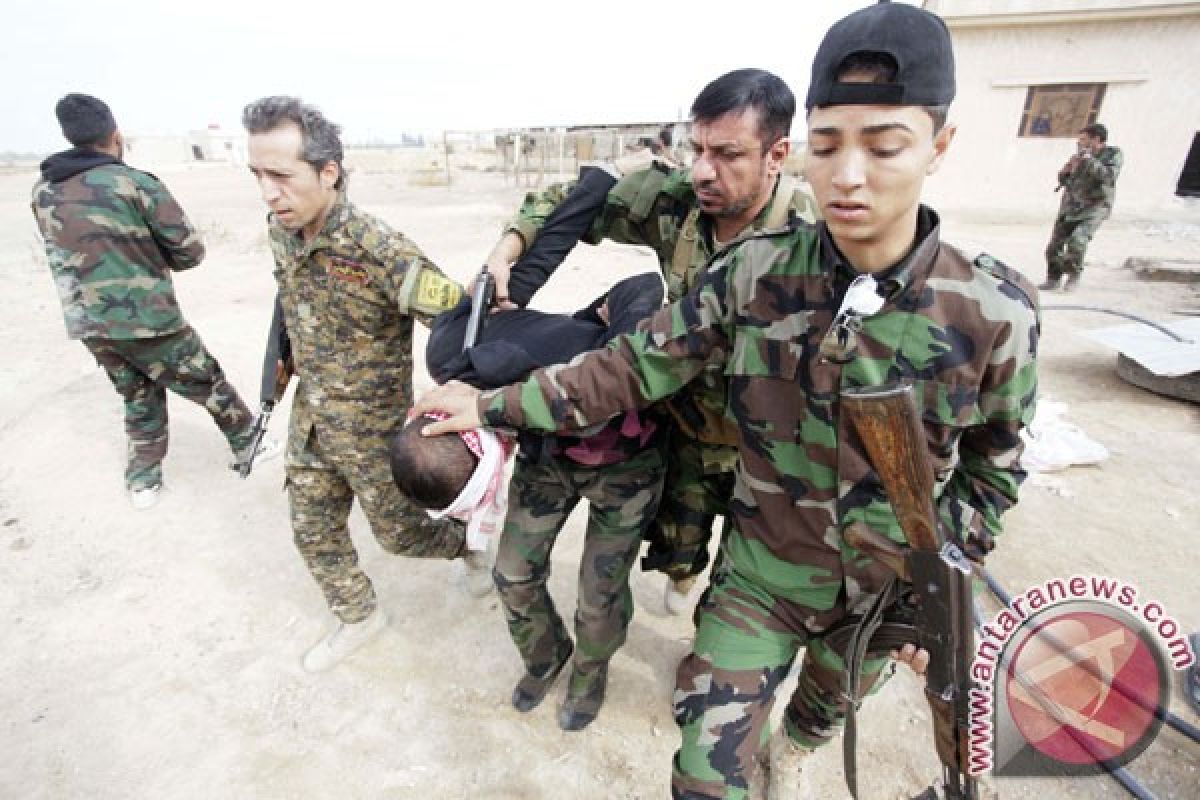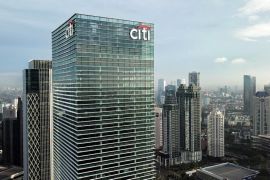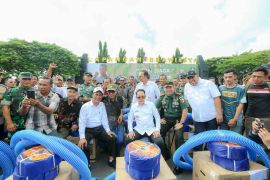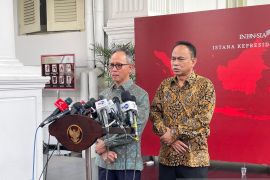One, one, one! The Syrian people are one!"Babbila, Syria (ANTARA News/AFP) - Syrias army and rebels have agreed local truces in key flashpoints around Damascus, despite regime and opposition representatives failing to make any progress in Geneva peace talks.
In the southern suburb of Babbila, AFP journalists on Monday (Feb. 17) saw rebels and soldiers -- all armed -- in conversation, which would have been unthinkable just days ago.
The local truces come 18 months into fierce fighting in and around the capital that has led rebels and President Bashar al-Assads forces to compromise, with neither side able to clinch victory.
In addition to Babbila, deals have been struck for Qudsaya, Moadamiyet al-Sham, Barzeh, Beit Sahem, Yalda and Yarmuk Palestinian refugee camp.
Negotiated by public figures, the accords involve a truce, a siege being lifted and food allowed in to rebel-held areas, with opposition fighters handing over heavy weapons and the regime raising its flag.
A new agreement is reported to be in the offing for Harasta, a rebel bastion northeast of Damascus, and talks over Daraya to the southwest are also under way.
An AFP journalist visiting Babbila accompanied by official regime escorts saw dozens of cheering residents chant: "One, one, one! The Syrian people are one!"
There was widespread devastation. On Babbilas main street, every single building had been either destroyed or damaged.
On Monday, regime troops raised the flag over the municipality in Babbila, which was a rebel rear base until several months ago when the army laid siege to it.
Armed rebels were still present, as the terms of the accord also included an amnesty, a security source said.
Rebels in military fatigues stood idly around, chatting with soldiers.There was no shooting or shelling.
But rebels did protest during the symbolic hoisting of the regimes flag, chanting: "Syria is free!"
Troops countered with: "God save the army!"
Graffiti on Babbilas walls called on the regime to release prisoners.
As bulldozers cleared away rubble, Damascus province governor Hussein Makhluf pledged that public services would be restored to the ravaged area.
"We can feel the sons of the nation uniting," said Makhluf, blaming "foreigners" for the conflict.
Assad told AFP in January that such truces could "be more important than Geneva".
Last weeks second round of the so-called Geneva II talks, sponsored by the United States and Russia, ended with no result and no date set for a third meeting.
Hungry Babbila residents were grateful for the truce.
One visibly exhausted man in rags told AFP: "This will allow me to eat, to buy food. I really hope the truce works."
Tens of thousands of civilians in rebel areas have suffered for months under suffocating sieges.
Some 100 people, notably in Moadamiyet al-Sham and Yarmuk, are reported to have died because of food and medicine shortages.
Activists say the truces come as the army turns to siege tactics after being unable to neutralise pockets of resistance, and as rebels failed to break into Damascus proper.
The Syrian Observatory for Human Rights has long campaigned for the sieges of rebel-held areas to be lifted, calling the tactic a "war crime".
"A real ceasefire serves the interests of all sides, whereas what we are seeing is the regime impose its will by starving people," said the Observatorys Rami Abdel Rahman.
One Damascus activist calling himself Adam said the ceasefires have strong local backing from residents forced to pay exorbitant prices for basic needs, amid skyrocketing inflation and corruption.
He said even those who wanted to see the rebels fight to the death have not opposed the truces.
"But theres a difference between a truce and reconciliation. There is no reconciliation, at least not yet. As for the future? God only knows," Adam told.
(U.H-RN)
Editor: Priyambodo RH
Copyright © ANTARA 2014








